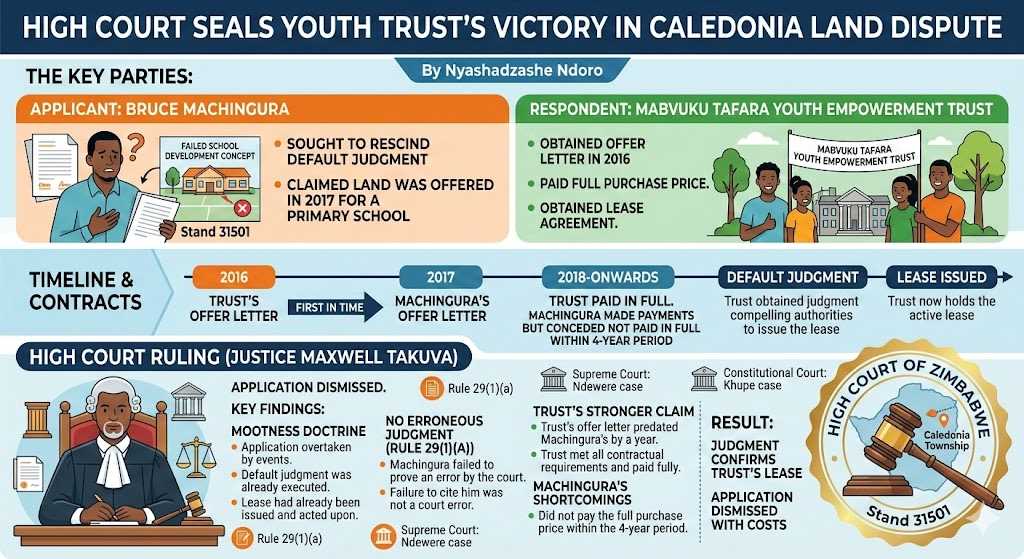
Philemon Jambaya
Zim Now Editor
In a move to confront the nation's escalating drug and substance abuse crisis, the Zimbabwean Cabinet on Tuesday approved the landmark National Drug and Substance Abuse Control and Enforcement Agency Bill. This legislation will establish a specialized agency tasked with coordinating both enforcement and vital rehabilitation efforts across the country.
The announcement was made by the Minister of Information, Publicity and Broadcasting Services, Dr. Jenfan Muswere, during a post-Cabinet media briefing in Harare. Dr. Muswere emphasized that the Bill's "primary purpose… is to establish a specialised National Drug and Substance Abuse Control and Enforcement Agency, tasked with enforcing laws related to drug trafficking and substance abuse."
Related Stories
This development comes as a direct response to a growing national emergency. Zimbabwe has witnessed a sharp increase in drug and substance abuse, particularly among its youth, with substances like crystal methamphetamine (mutoriro), codeine-laced cough syrups, marijuana, and illicit brews causing widespread devastation in communities. The crisis has been further exacerbated by sophisticated organized criminal networks, some with international ties, which have established intricate supply chains throughout the country.
Minister Muswere acknowledged the gravity of the situation, noting that the Bill is a direct response to "the growing concern of widespread drug peddling, fuelled by organised networks with sophisticated international distribution systems, and the alarming rise in drug and substance abuse."
Once established, the new agency will comprise two crucial divisions: an Enforcement Division and a Social Services Intervention Division. The Enforcement Division will spearhead national drug enforcement operations, ensure compliance with drug laws, and implement counter-trafficking strategies. Concurrently, the Social Services Intervention Division will be responsible for coordinating crucial support services such as counselling, vocational skills training, and access to rehabilitation programmes – all vital tools for reintegrating recovering addicts into society.
Crucially, the proposed law will also broaden the definition of dangerous drugs to encompass a wider range of harmful substances, reflecting the evolving landscape of synthetic and illicit drugs currently circulating on the black market.
The approval of this Bill is a significant component of the government’s broader anti-drug campaign, which is led by the National Committee on Drug and Substance Abuse operating under the Office of the President and Cabinet. Over the past two years, this multi-sectoral response has already seen initiatives such as school outreach programs, community awareness campaigns, and the arrest of suspected traffickers.




















Leave Comments